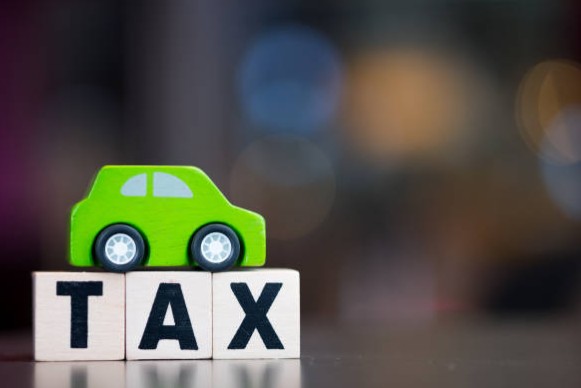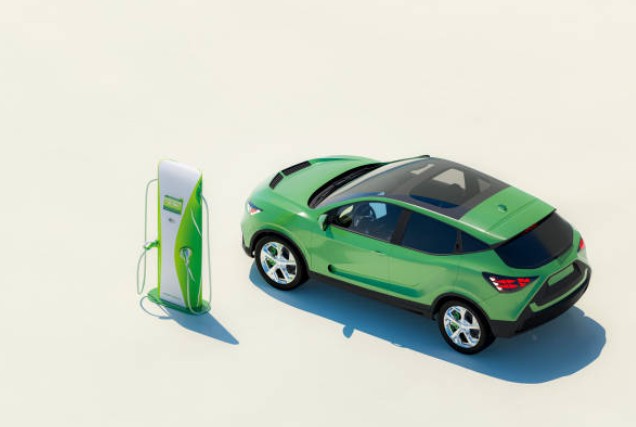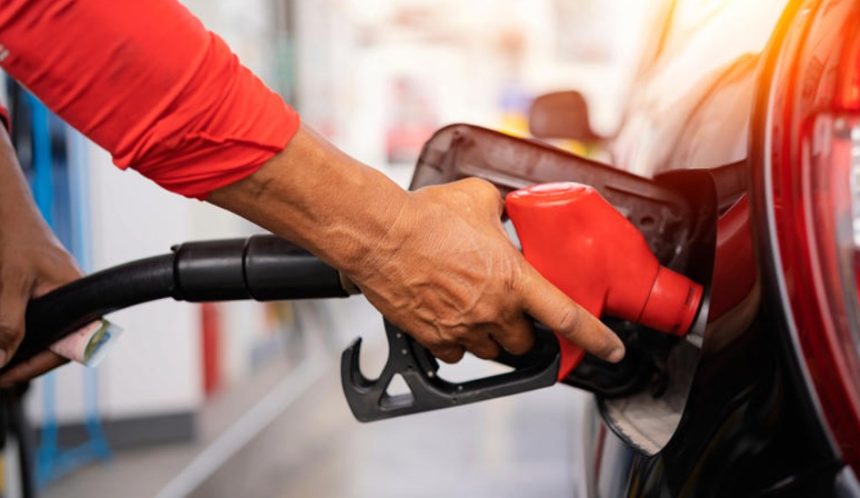The UK government is tightening vehicle tax regulations, and the changes will have a major impact on petrol and diesel car owners. From April 2025, the introduction of new car tax bands will see a sharp increase in Vehicle Excise Duty (VED) fees for many petrol and diesel vehicles, especially those with higher emissions. This shift is designed to promote greener driving habits and push the UK closer to its climate goals, but for many drivers and small businesses, it also means bigger annual costs.
If you own or operate a petrol or diesel vehicle in the UK, it’s essential to understand these changes and how they might affect your finances and future vehicle decisions. This detailed guide breaks down the new car tax bands, explains why these increases are happening, and offers practical advice to help you adapt.
Understanding the New Car Tax Bands

Vehicle Excise Duty (VED), commonly known as road tax, is a compulsory charge for most vehicles driven or parked on public roads in the UK. Traditionally, the amount of tax you pay depends largely on your car’s CO2 emissions, with more polluting cars taxed at a higher rate.
Under the new rules coming into effect in 2025, the tax bands will be adjusted to more accurately reflect a vehicle’s environmental impact, with significantly higher charges for petrol and diesel cars emitting moderate to high levels of CO2. This adjustment means that many drivers who previously paid relatively low rates will see a noticeable hike.
Breakdown of the Changes
- Lower emission vehicles (100-120g/km CO2): These cars will see a modest tax increase, approximately 15-25%.
- Moderate emission vehicles (121-150g/km CO2): Expect increases between 30-50%, making it more expensive to run mid-range petrol and diesel cars.
- High emission vehicles (above 150g/km CO2): The biggest jump will be here — fees could double or even triple compared to current rates.
- Old diesel vehicles: Additional surcharges will apply to older diesel cars that do not meet modern emission standards, reflecting growing concerns about nitrogen oxide and particulate pollution.
Why the Increase in Fees?
The UK government’s strategy behind increasing VED rates for petrol and diesel vehicles is deeply rooted in environmental policy. Road transport remains one of the largest contributors to the country’s carbon emissions, and the government aims to cut these drastically as part of its net-zero carbon commitment by 2050.
By raising costs on more polluting vehicles, the government hopes to:
- Encourage the switch to electric vehicles (EVs) and hybrids by making petrol and diesel cars less financially attractive.
- Reduce air pollution, especially in urban areas where diesel emissions have been linked to serious health problems.
- Raise revenue to fund the expansion of EV infrastructure, including more charging stations and cleaner public transport.
Impact on Petrol and Diesel Vehicle Owners

For everyday drivers, the new tax bands mean higher annual costs. Many owners of petrol and diesel cars, especially older models or those with higher emissions, will see their tax bills rise significantly. This may influence whether you keep your current car or decide to upgrade sooner than planned.
For Small Businesses: A Costly Shift
Small business owners should pay particular attention. Many rely on petrol and diesel vans and cars for deliveries, trades, and services. Increased VED costs can add up quickly across a fleet, putting pressure on profit margins.
Businesses should begin factoring these additional expenses into their budgets and consider transitioning to electric or low-emission vehicles where possible. Government grants and schemes are available to support this switch, but early planning is essential.
What About Electric Vehicles?

Electric vehicles continue to benefit from full VED exemption thanks to their zero tailpipe emissions. This exemption, alongside other incentives like grants for EV purchase and lower running costs, makes electric cars and vans an increasingly viable alternative.
With the government’s aggressive push for electrification—including plans to ban the sale of new petrol and diesel cars by 2030—the appeal of EVs is stronger than ever. For business owners and private drivers, now is an ideal time to explore electric options before these new tax bands come into force.
Additional Factors to Consider
- Fuel duty: While this blog focuses on VED, it’s worth noting that fuel duty on petrol and diesel remains a significant ongoing expense. Combined with higher vehicle tax, running petrol and diesel vehicles will become noticeably more costly.
- Insurance and maintenance: Older petrol and diesel cars often come with higher maintenance and insurance costs, making EVs more competitive over the long term.
- Resale value: As demand for petrol and diesel cars declines due to tax increases and environmental regulations, their resale value may fall.
How to Prepare and Adapt?
With these changes looming, what practical steps can you take to minimise the financial impact?
1. Check Your Vehicle’s Emission Band
The first step is to determine where your vehicle falls in the new tax bands. You can use the government’s official vehicle checker to find your car’s CO2 emissions and projected tax rates for 2025.
2. Consider Upgrading to a Low-Emission or Electric Vehicle
Switching to an EV or a hybrid is the most straightforward way to reduce your tax burden. Look into government incentives such as the Plug-in Car Grant or workplace charging schemes to offset purchase and running costs.
3. Plan Your Finances
If switching isn’t immediately feasible, factor higher VED costs into your annual budget. For businesses, this means revisiting fleet management strategies and possibly phasing in lower-emission vehicles over time.
4. Stay Informed on Policy Updates
Tax policies and incentives may continue to evolve as the government adjusts its strategies to meet climate targets. Keeping up to date ensures you can take advantage of new opportunities and avoid surprises.
Conclusion: A Shift Towards Greener Roads
The new car tax bands in the UK represent a significant financial challenge for petrol and diesel owners. However, they are also a critical step toward reducing the country’s carbon footprint and promoting sustainable transport solutions.
For private owners and small businesses alike, understanding these changes and proactively planning can help mitigate costs and smooth the transition to cleaner vehicles. While it might feel like a tough adjustment now, embracing these new policies ultimately supports a healthier environment and a more sustainable future for everyone.






